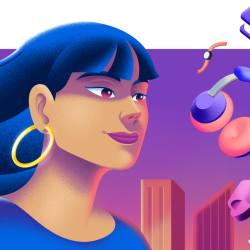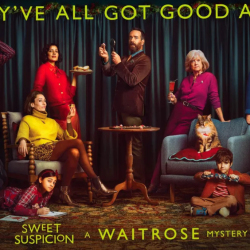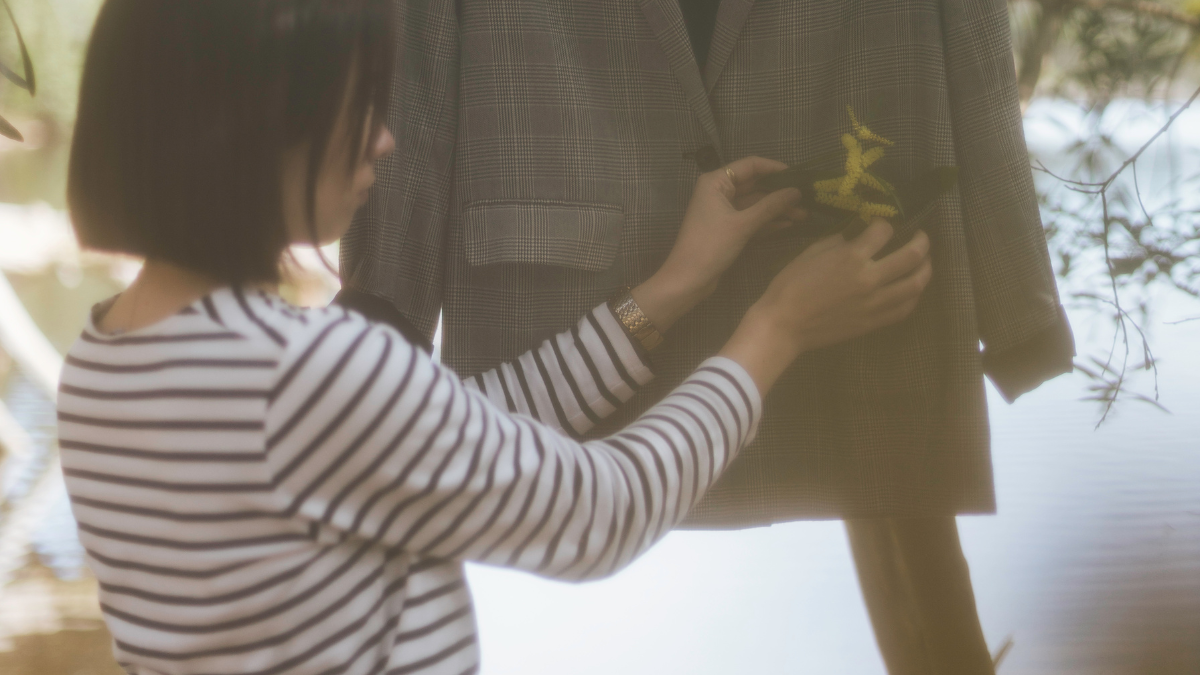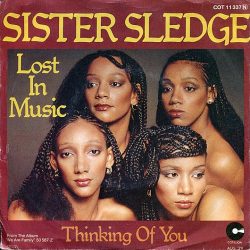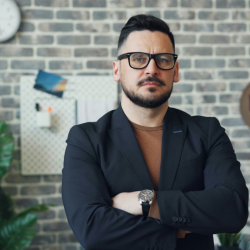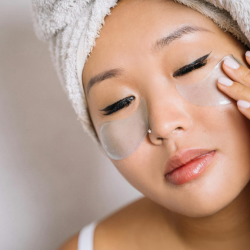Can you tell us more about you and Ethica? What was the idea behind your project, and why sustainability?


Ethica – Sustainable Fashion Hub is an online platform that serves brands and consumers that are looking for more sustainable patterns of fashion consumption. Our main goal is to create valuable educational resources because we believe that once people become aware of the social and environmental problems related to the textile industry, it is much easier to support brands that represent their own sustainable values. I decided to create Ethica after completing my master’s thesis on sustainable fashion communication. After years of researching this topic, I realized that there was so much information out there that was not reaching the general public. So I developed a platform where I could present all that information using accessible and dynamic language, through means of communication that everyone could easily reach, like social media.
What was the target audience, and how do you want to empower your concept in order to make a difference?
There are two distinct targets: consumers and brands. Firstly, we look for consumers that are starting to gain interest in sustainability and we give them relevant information regarding the ‘backstage’ of the fashion industry. For instance, we explain how the supply chain works or unmask some of the most common green-washing strategies used by brands. Our intention is that consumers are able to spot unsustainable fashion behaviours by themselves and opt out of those systems. Secondly, we work with slow fashion brands that are looking to optimize their communication strategy. On Ethica’s website, there is a detailed list of services that businesses can apply for. We try to understand why brands are not reaching their target audience and work towards overcoming whatever barriers may exist through communication.
What’s your communication and marketing strategy?
Our communication is transparent, rigorous, and accessible — these are the guidelines for any strategy we apply. It must be transparent because we want to do exactly the opposite of what the fashion industry has done over the last decades: we want to enlighten consumers regarding what is truly behind what they are buying. It has to be rigorous because, in a world filled with green-washing and disinformation, we must choose the correct scientific sources to base our information on. And also accessible, which is why we prefer simple language and dynamic graphics to transmit information on social media and other digital platforms.
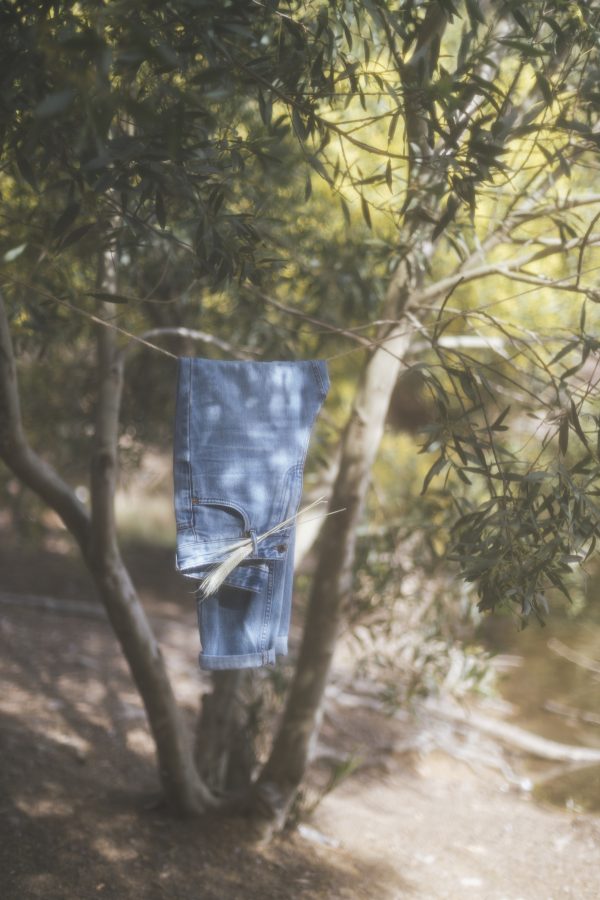

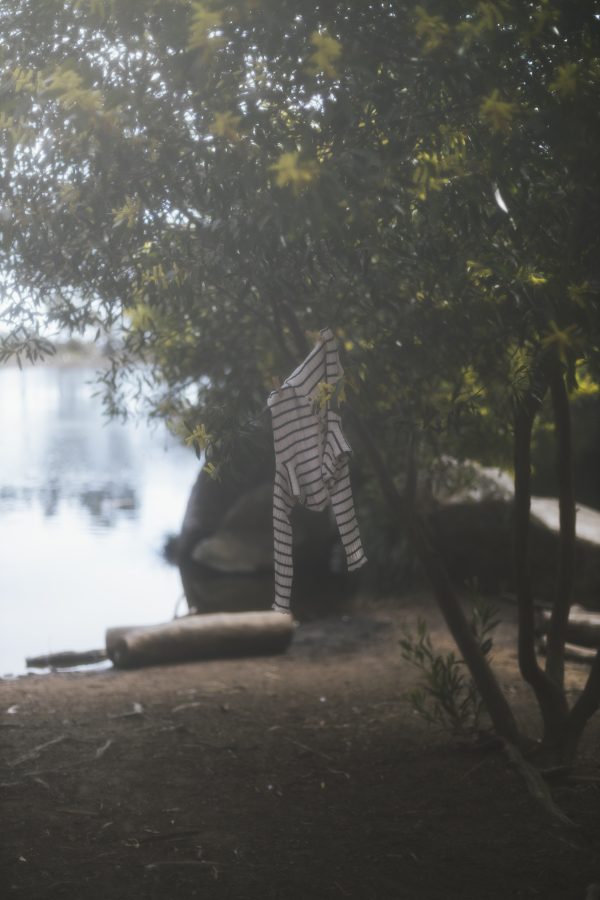

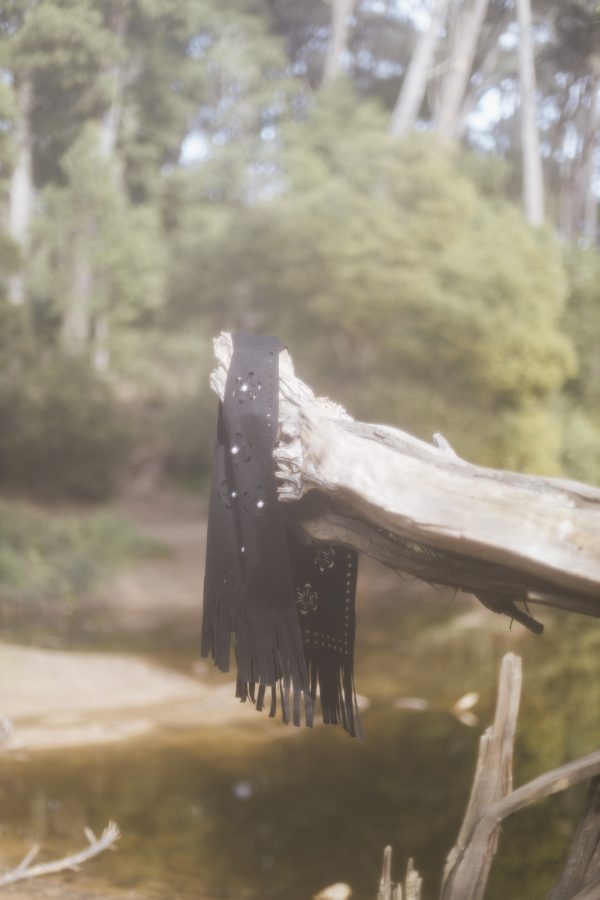

What’s been your highlight so far as a business leader and a founder of a green fashion company? Can you tell us a bit about Ethica’s future projects?
Ethica’s journey is very recent but I would say that the highlight has been getting to know so many people that are interested in sustainable fashion and that want to share their opinions with us. I believe that there are several solutions to fashion’s environmental and social problems and that we will reach them faster if we work together. Regarding future projects: we are working on a very exciting educational resource for children. It will probably only be out by next year, but we cannot wait to talk to younger generations about sustainability.
‘Age of Discontent’ was our theme for April. Can you relate to that, in your work and life?
I believe that anyone that is working in the realm of sustainability is constantly discontent with where we are at. There is so much to be done, and unfortunately, the power still lies in the hands of governments around the world and big corporations that don’t seem to be in a hurry to change their modus operandi.
As a fashion consumer, I was feeling discontent with the information that brands were providing me with. That was one of the main drivers behind the creation of Ethica. Discontentment can be a positive feeling when we use it towards enabling change. That’s what I’m trying to do in the fashion industry.
Featured image: Ethica / Beatriz Cardoso
